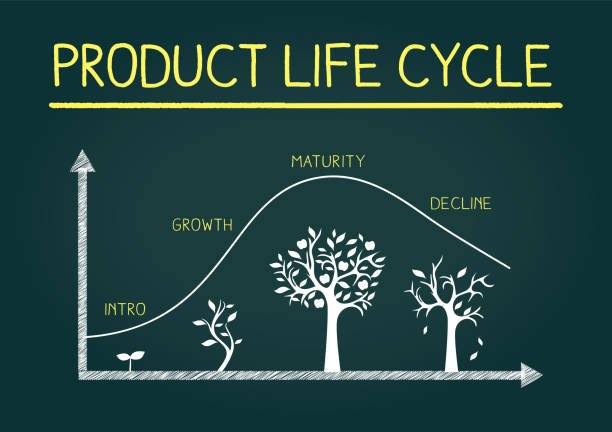Project management is a critical function in any business. It helps you control resources, monitor progress, and make critical decisions while ensuring the completion of your project on time and within budget. As a project manager, it’s important to have a well-rounded understanding of the five Cs of project management: Communication, Coordination, Control, Commitment, and Consequence. In this blog post, we will explore each of these concepts in more detail and provide tips for improving your Read More skills.
Clear Goals
Project management is all about setting clear goals and achieving them. Here are five key concepts to keep in mind when developing your project’s goals:
- Common goal: Make sure all participants have the same goal for the project. This will help to ensure that everyone is working towards a common outcome.
- Clarity of purpose: Define what you want the project to achieve, and make sure everyone understands this purpose. This will help to focus everyone on the task at hand and avoid confusion or conflict.
- Communication plan: Establish a communication plan in order to keep stakeholders up-to-date on progress and changes. This will help avoid potential conflicts and ensure that everyone is aware of what needs to be done.
- Time lines: Create realistic time lines for completing the project, as well as checkpoints along the way so that you can measure progress and make any necessary adjustments.
- Budgeting and scheduling: Set aside a budget for the project, as well as specific dates by which milestones should be achieved (or obstacles overcome). This will ensure that you stick to your planned timeline while still meeting your objectives
Communications
The Five Cs of Project Management Concept
- Communication: Project managers must be able to effectively communicate with all stakeholders on a project. They should be able to gather information, consult with team members, and lead meetings.
- Coordination: Project managers need to coordinate their efforts with other professionals on the project in order to ensure that tasks are completed on time and within budget.
- Control: Project managers need to have control over the project’s resources in order to achieve successful outcomes. They should be able to identify risks, plan and monitor progress, and take appropriate action when necessary.
- Conflict Management: Project managers will face conflict from time to time on a project. They need to know how to deal with it effectively so that the project can continue moving forward without disruption.
- Critical Decision Making: On occasion, projects will require decisions that affect the entire project as a whole. In these cases, it is crucial for project managers to make sound judgments that will lead to successful results.
Consistent Processes
- Communication: A project manager must be able to effectively communicate with all stakeholders, including the team and stakeholders outside of the project team.
- Clarity: All members of the project team need to know what is expected of them and be able to understand any changes or updates that may occur.
- Coordination: Ensuring that all tasks are completed in a timely manner while meeting all requirements is necessary for a successful project.
- Control: Keeping track of expenses, time, and resources is essential for managing a successful project.
- Cooperation: Working together as a team is essential for a successful outcome on anyproject
Critical Path Management
- Critical path management (CPM) is a technique of managing projects to ensure that the required tasks are completed in the necessary time frame, while minimizing any delays and cost overruns.
- The critical path is a network of tasks and milestones that must be completed in order for the project to achieve its objectives.
- CPM techniques include setting deadlines and assigning priorities to tasks, as well as tracking progress and redoing tasks if necessary.
- Proper CPM can help avoid delays, cost overruns, and project failures.
- Organizations can improve their CPM practices by using software tools and templates, as well as training personnel in the technique.
Resource Allocation
Introduction
Project management is the process of planning, organizing, leading, and controlling the implementation of a project. A successful project is characterized by timely completion with optimal results. There are five core concepts that make up the foundation of project management: Control, Communication, Conflict, Complexity, and Commitment.
Control
The first element of successful project management is control. Project managers must have a clear understanding of what tasks need to be completed in order to meet the project goal and timeline. They must also be able to enforce deadlines and track progress regularly to ensure that all required milestones are met.
Communication
The second key element of successful project management is communication. Project managers need to be able to effectively communicate with all stakeholders involved in the project – from clients/customers through team members and suppliers – in order to create trust and ensure cooperation. Good communication leads to better decision making and faster progress on the project.
Conflict
Conflict can be a common occurrence on projects, especially when multiple parties have different goals or expectations for the project. Conflict can lead to delays or even failure of the project if not managed correctly. Effective conflict resolution skills help prevent misunderstandings and keep everyone on track while completing the project successfully.
Complexity
Projects can become increasingly complex as they progress – this is due to added stakeholders, new requirements, and changes in scope or timeline. Managing complexity requires an understanding of various aspects of the project

